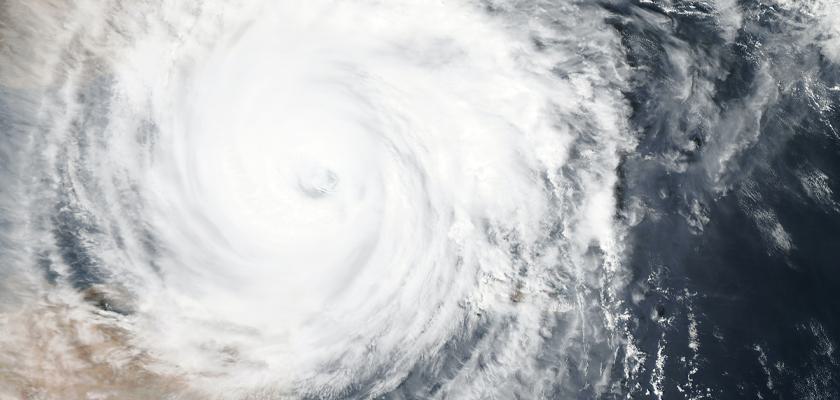Hearing that the hurricane season will be “busier than normal” is something that makes Alabama residents a little nervous. And it has our local meteorologists preparing for storms while the rest of us stock up on batteries and bottled water.
Red Zone Weather meteorologist Spinks Megginson has already seen the predictions from NOAA and Colorado State University, agencies he considers to be premier forecasting outlets. And he concurs with their forecasts.
“I see nothing to disagree with these assessments," said Megginson. "Why? The Pacific teleconnection known as La Niña is likely to hang around. La Niña typically suppresses high atmospheric winds across the Atlantic Basin, known to rip tropical systems apart. This is one factor that may support a higher amount of storms this year.”
Megginson says the very warm May temperatures are just part of the overall forecast.
“The local pattern in May probably won’t have that much of an effect on hurricane season overall," said Megginson. "The Gulf of Mexico is running a bit above normal, in terms of sea surface temperatures, for this time of year. This could potentially serve as high octane fuel for any storms that form, although it is important to remember this is only one factor of many that go into storm intensification.”
Red Zone Weather focuses coverage on nine south Alabama counties and three in Northwest Florida to provide live coverage should there be any tornado warnings in the area.
While hurricane forecasting is pretty standard for actual meteorologists, Megginson is seeing a trend that is worrisome.
“Something relatively new that has increasingly become a problem over the last few years: many fake news sources," Megginson said. "It is unfortunate, but there are a ton of people posting single image model runs that have no truth in reality. While I believe it is wonderful that the general public now has access to the tools behind the forecast, it is unfortunate that these tools were never designed for public consumption. Instead of benefiting the world as intended, public model data has caused a lot of heartache and confusion over the years. What I always tell folks: Discard these fear-mongering posts. Leave the model data to trained meteorologists. Think of model data as ingredients in a recipe. You wouldn’t look at one ingredient in a recipe and say it is the finished product. That is what viewing raw model data should be compared to.”
Hurricane season officially begins in June and runs through the end of November.
To connect with the author of this story, or to comment, email news@1819news.com.
Don’t miss out! Subscribe to our newsletter and get our top stories every weekday morning.










